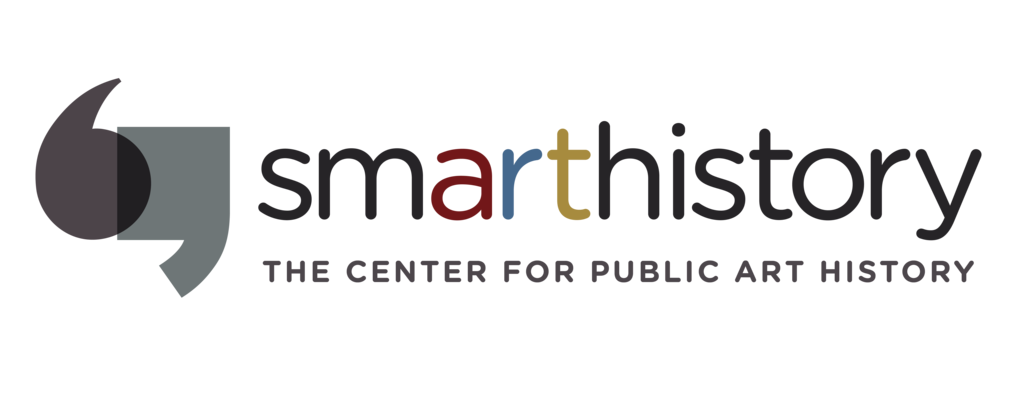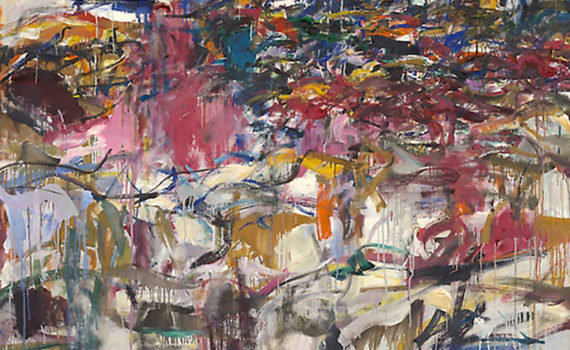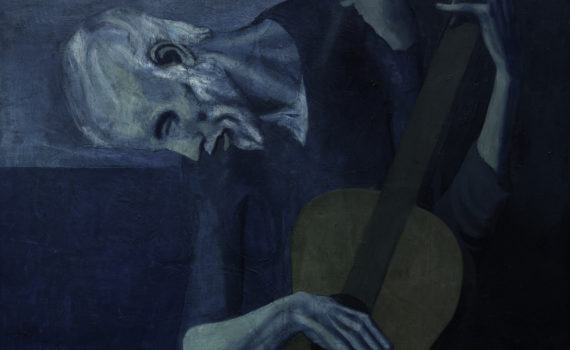Virtually explore the Art Institute with Smarthistory as your guide
Some background
videos + essays
Link to the Art Institute of Chicago's website
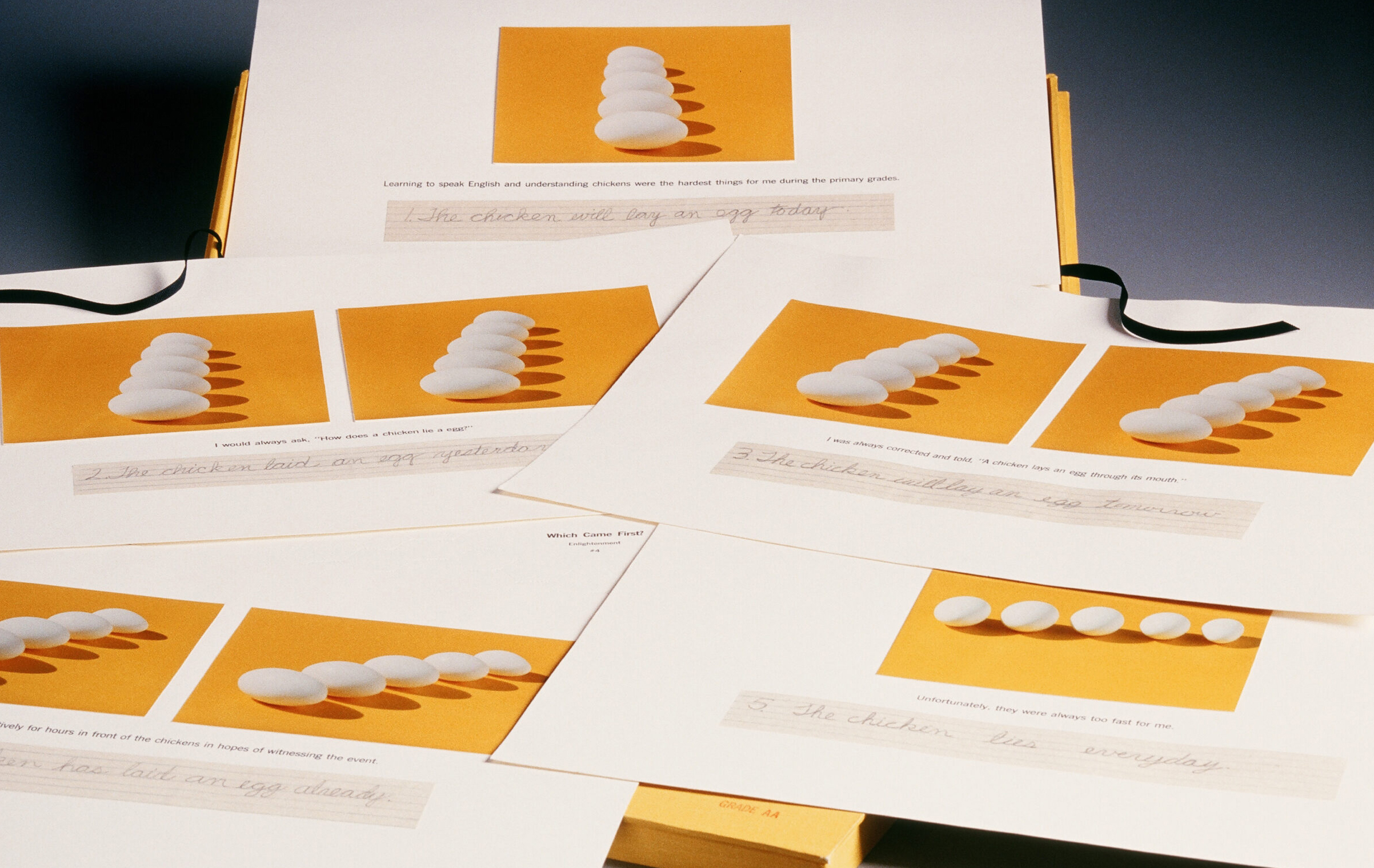
Celia Álvarez Muñoz, Which Came First? Enlightenment #4
Which Came First? deftly introduces the viewer to Álvarez Muñoz’s recurring themes: childhood, language, religion, and gender.
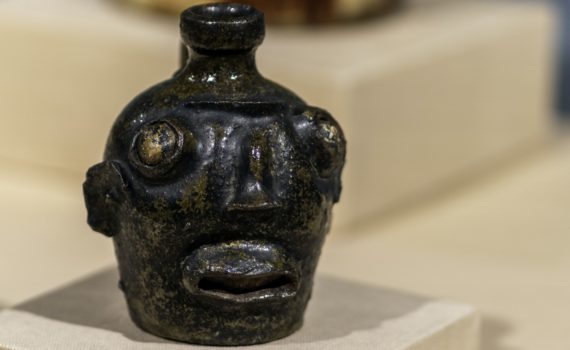
Cultures and slavery in the American south: a Face Jug from Edgefield county
This jug is one of the earliest known alkaline-glazed stoneware face vessels made by slaves or their descendants in the Edgefield District of South Carolina.
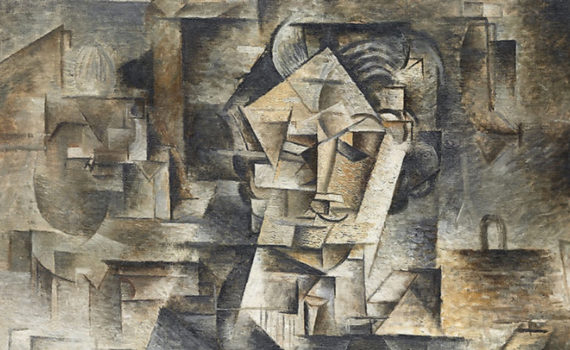
Pablo Picasso, Portrait of Daniel-Henry Kahnweiler
Picasso’s portrait of Kahnweiler presents the essential innovations of Analytic Cubism.
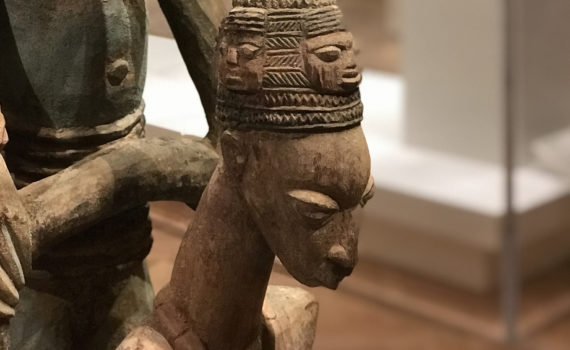
Olowe of Ise, Veranda Post of Enthroned King and Senior Wife
The convention of elongating the figure can be seen in many of Olowe’s carvings, to visually highlight the importance of the head that holds the inner spiritual power, dignity and strength, and sacredness of one’s destiny.
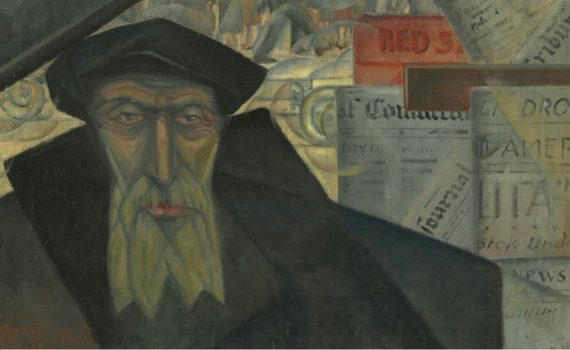
Todros Geller, Strange Worlds
Geller captures the tensions of the Jewish immigrant experience in the early 20th-century United States.
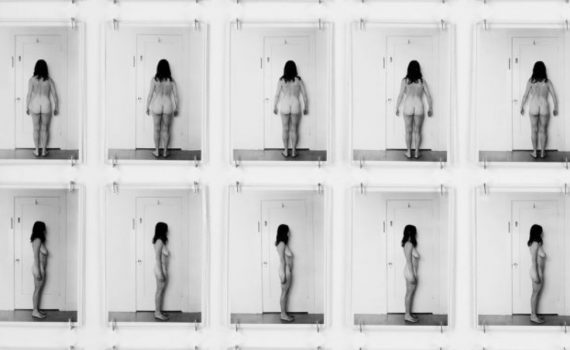
Eleanor Antin, Carving: A Traditional Sculpture
The idea of sculpture was the subject of Antin’s work, which interrogates beauty, gender, and “traditional” art.
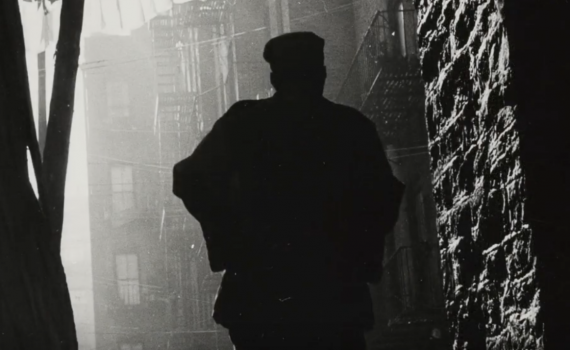
Gordon Parks, Off on My Own (Harlem, New York)
Gordon Parks and the writer Ralph Ellison collaborated to show that Harlem is everywhere.
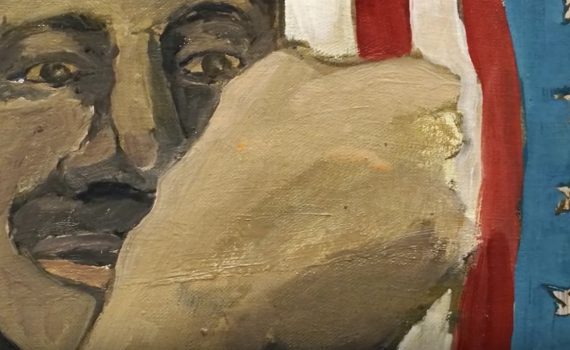
Benny Andrews, Flag Day
Does the figure emerge from the stripes of the flag, or do they imprison him?
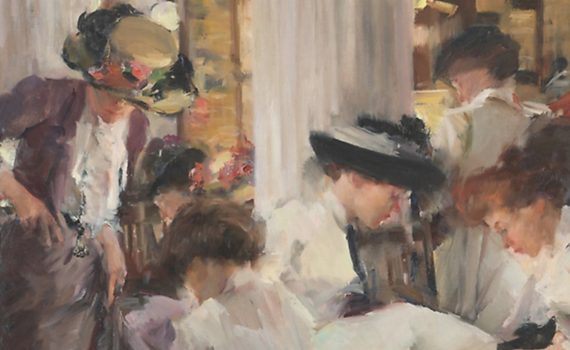
When the department store was new: Elizabeth Sparhawk-Jones, The Shoe Shop
A new, modern culture of shopping and ready-made clothes were part of women’s new urban mobility.
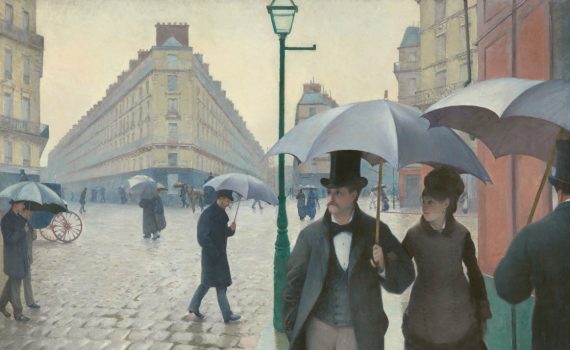
Gustave Caillebotte, Paris Street; Rainy Day
Though called “an Impressionist in name only,” Caillebotte is all about light and movement–just like his peers.
